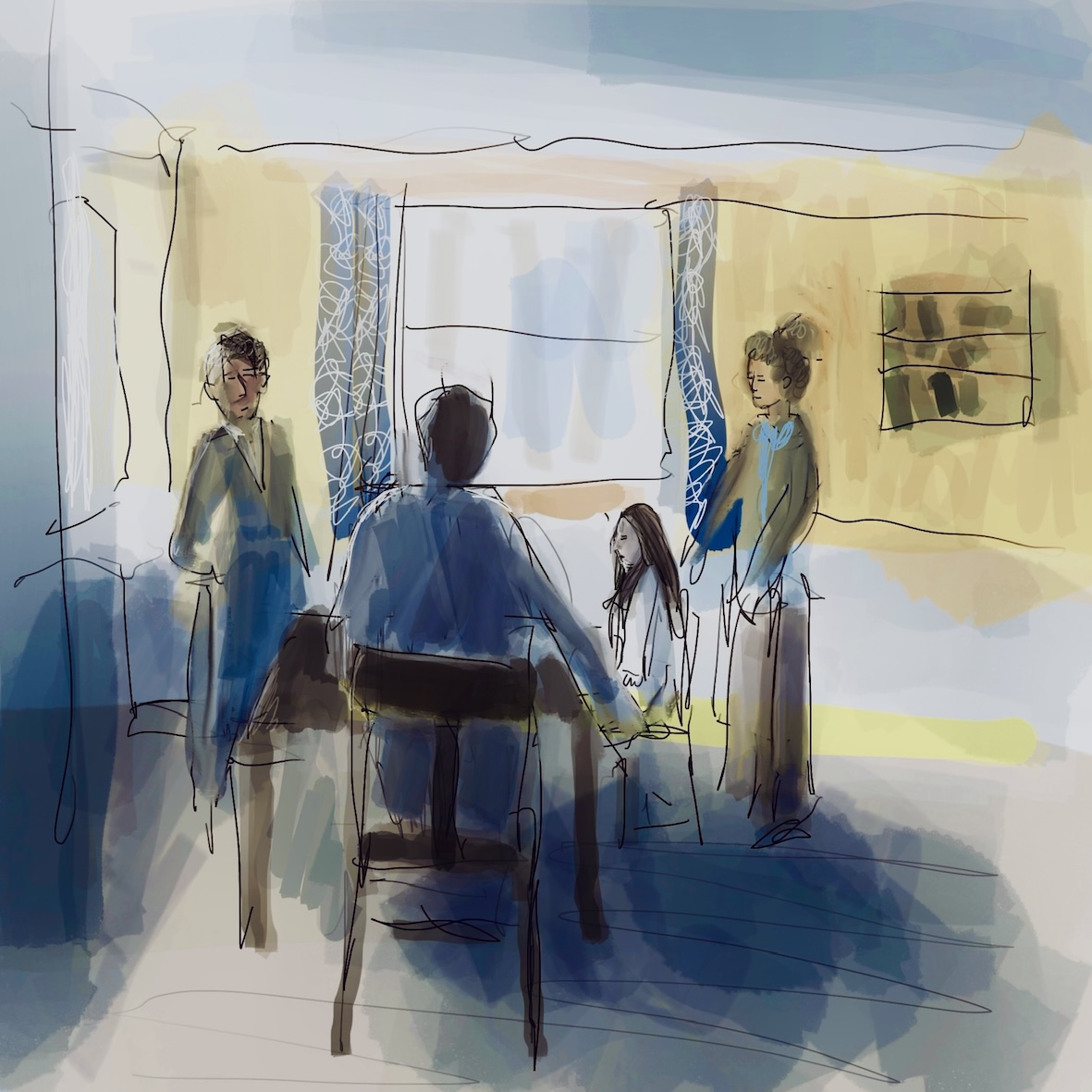A magazine asked me to answer some questions about men, mental health and conversation. My own contribution, as I understand it, is just a small part of something much bigger.

The piece hasn’t been published, but I thought I might post my answers to the questions anyway, in case they’re helpful to somebody.
***
Is there a best way to start a difficult conversation?
A hard conversation will always be hard to start. Accepting that is crucial, if you’re ever going to talk. You can help yourself by thinking about the timing, and the place.
Make it easy for the other person to say they have time to listen. And start by saying what you would like from them – just to listen, or advice, or whatever: “I’m having a bit of difficulty. I don’t want advice. Do you have five minutes to listen? I think I’ll feel better if I can just say it out loud.”
It sounds weird, if you aren’t used to doing that kind of thing, but it saves you from all kinds of problems later.
What if it goes wrong and our listener doesn’t seem to understand what we’re saying?
Never blame the listener (out loud, anyway!). Say something like, “I’m not sure I am expressing myself very well. Can I try again?”
What are your dos and dont’s of an emotionally revealing conversation?
I realise that many people will struggle to believe they “need help”, because men aren’t taught to think that way.
I learned the hard way, by bottling up for months and years what I didn’t dare to say out loud. Then one day I found that I needed to call Samaritans. It felt like I must be the biggest failure in the world – but of course as soon as I did call, I was quickly able to put my difficulties in perspective, and by talking to Samaritans I was able to work out who else I could talk to. You don’t have to be suicidal to call Samaritans. It’s much better to call before that point!
More generally, you can try other support groups, because it can be easier to talk to strangers than to people you know well.
When and where should such a conversation ideally take place? Why does walking and talking seem so helpful?
Walking and talking are good because you don’t have to eyeball each other. It’s frightening to reveal yourself and look into the eyes of the person you’re speaking to. (At first, anyway.) Another option is to drive somewhere and talk while you’re both looking out of the windscreen. Or while you’re washing up, and looking out of the window or putting things away.
Anything, really, that involves not staring at each other.
Why do you think conversations like these are helpful?
I went into psychiatric hospital convinced that even my closest friends would never speak to me again – I felt such a failure, a shameful waste of space. But soon after I sent a WhatsApp they were in touch, ready to come and visit.
Shame pops up in so many places, and for so many things that we’re not responsible for, and aren’t even shameful. Weirdly, keeping the shameful thing inside you is what makes you hurt. Putting it out there in a relatively safe conversation is a way to get used to it, to see it for what it is – usually just a perfectly normal human frailty.
It’s quite magical how many strong connections in my life have come directly from conversations in which I dared to say what I thought might actually kill me.